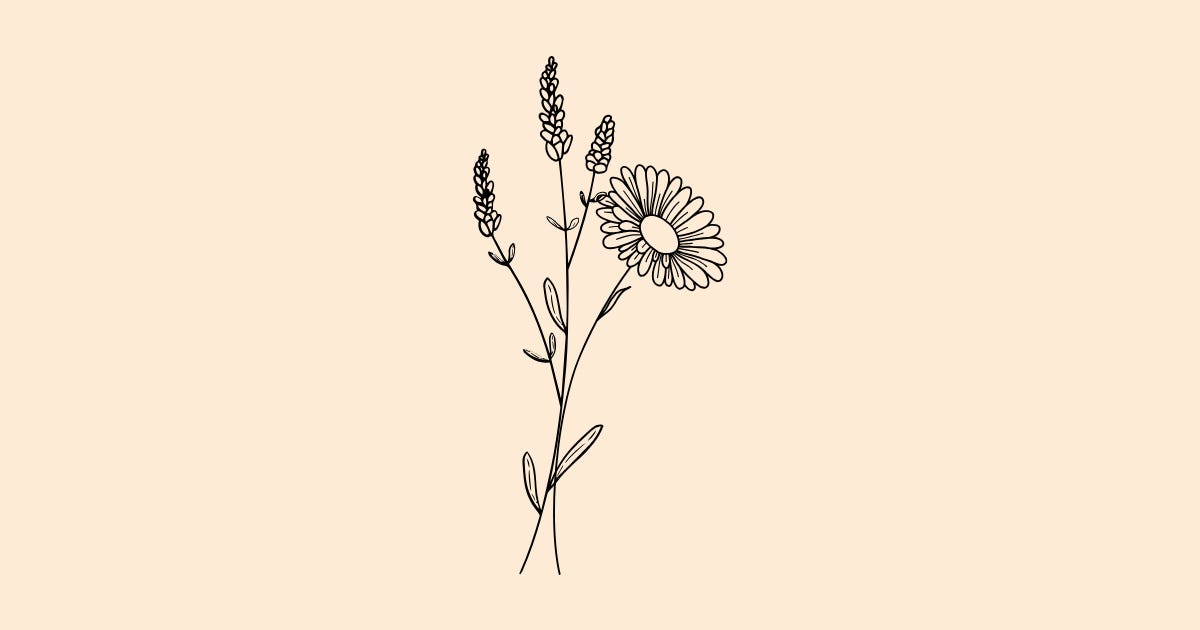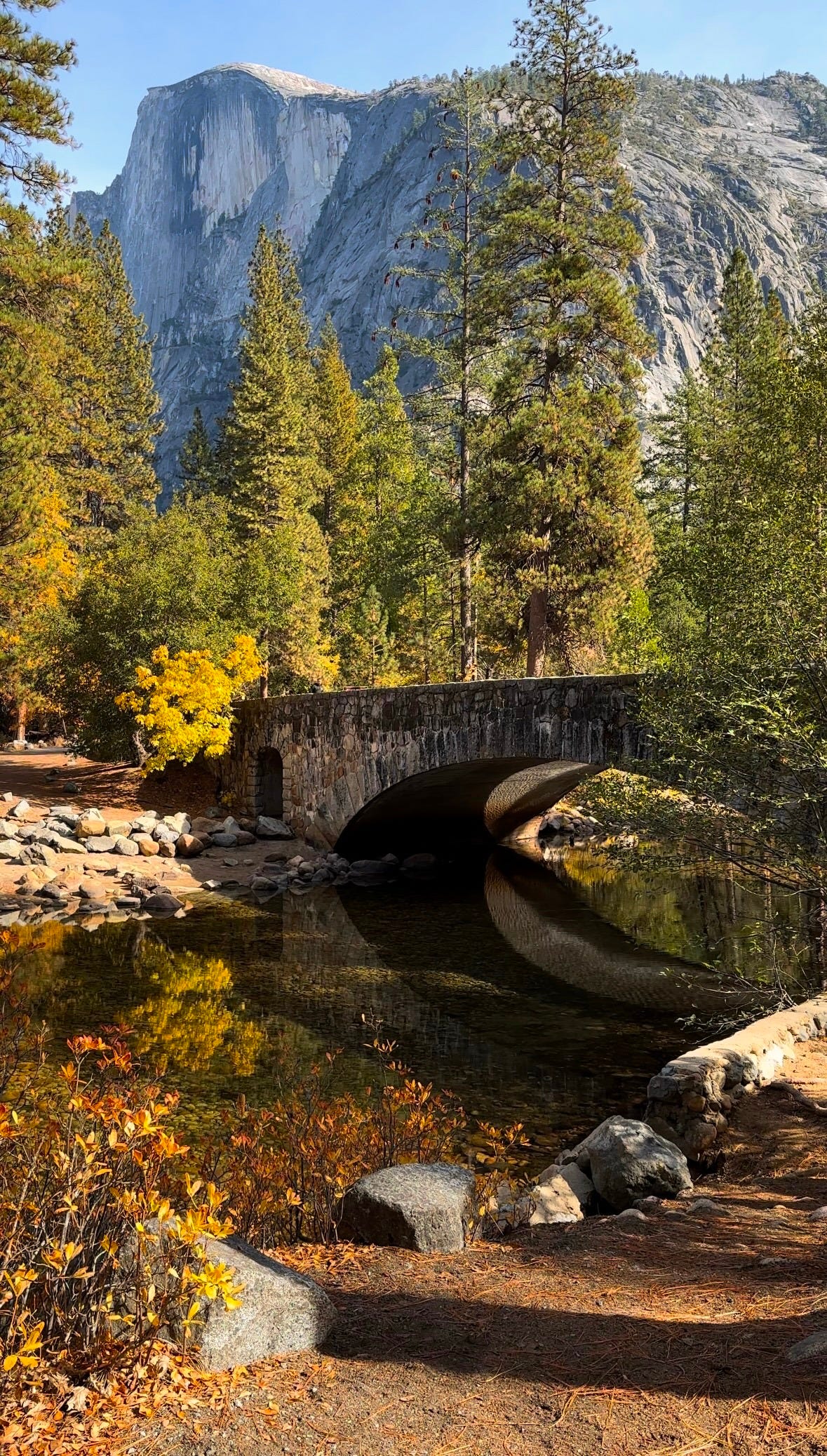I Want to Go Home
the wild landscape my soul used to know.
On my way to Yosemite National Park, I stopped for coffee at my favorite coffee shop. As the girl at the counter handed me my Americano with steamed milk she said, “If you’re staying at the Upper Pines Campground, check out the Happy Isles trail. It’s an easy walk from there and goes along the river.” That’s how I roll when I visit national parks. Some people like to plan ahead; I like to follow the plans that unfold as I go. So the next morning, I drove my camper van to the Happy Isles trailhead.
Fall hits later in California, so I decided I could get away with dressing Sunny, my 10-lb terrier-chihuahua mix, in her red sweater with reindeer antlers on the hood. I slipped on my North Face sweatshirt and hat, slid the van door shut behind me, and we started down the long wooden walkway that cut across the Valley floor toward the tree line.
The Valley was surrounded by Bigleaf Maple, Black Oak, and Dogwood trees inflamed with bright yellow, orange, and red leaves. We disappeared into the trees on the path that led us to the bank of the Merced River, where the reflection of the golden leaves lay beneath a bridge with a majestic display of Half Dome in the backdrop. I took out my iPhone and joined the likes of Ansel Adams and countless others who have traveled far and wide just to capture photos of such beauty.



